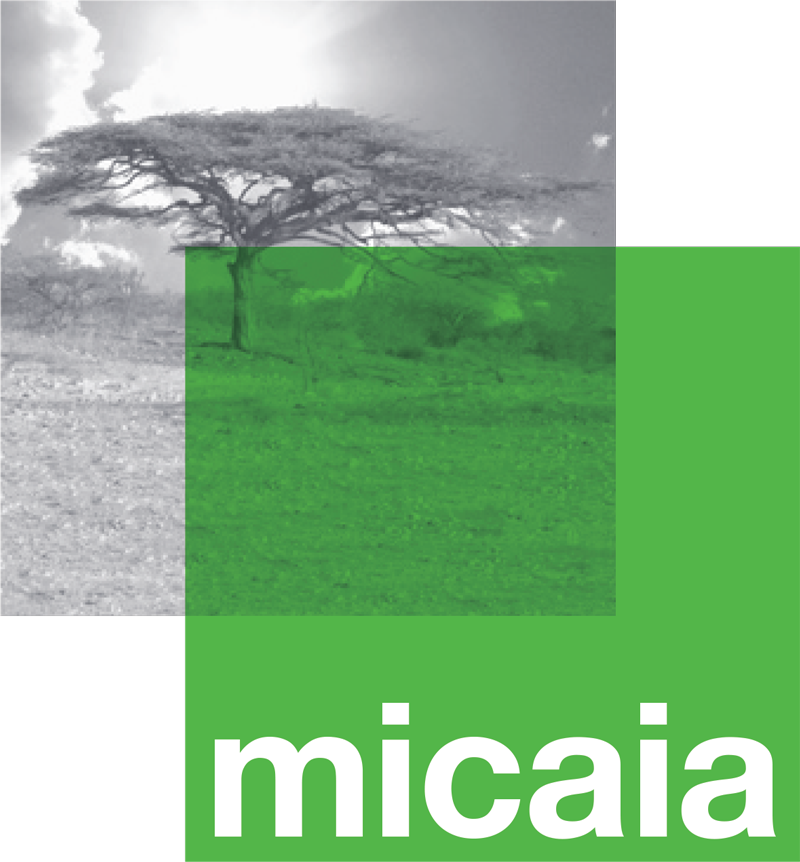Micaia people
Enterprises
Achieving wellbeing and prosperity for all people requires strong, vibrant and diverse local economies. Micaia recognizes the importance of using smart subsidy through the Foundation to build the knowledge and skills of, for example, farmers or beekeepers or micro-entrepreneurs, so that they might produce and sell more or succeed in their small business. However, we believe that there must come a time when the funding and support model switches from subsidy towards investment. That is why we have Eco-Micaia Ltd, a social enterprise, through which we can offer business development services and investment.
We also believe that far too many people in Mozambique are excluded from real growth and opportunity, even if they participate in a value chain or business. Inclusive business to Micaia means including people as consumers, suppliers and workers, and – if possible – as part of the management and ownership of the business. That is why Eco-Micaia’s focus is on building enterprises in which suppliers have a stake.
And in a country in which so much economic development is focused on extraction – gas, timber, precious stones and gold; and on plantations oriented towards raw material export (high value fruits and nuts, for instance), we believe that there must be a greater emphasis on producing local goods for local markets. This doesn’t mean that Micaia is not interested in export-focused value chains; we are, especially where the export commodity is one that is uniquely Mozambican or at least African (such as baobab). However, it does mean that in our investments, services and advocacy, we promote local economic development focused on local enterprise targeting national markets.
Our theory of change is that if we can develop businesses that achieve lasting commercial success while paying workers and suppliers fairly and creating opportunities for workers, suppliers or producers to have a stake and be active in the businesses, then we will have a body of evidence and learning with which to try and influence business models and value chain development through demonstration, training, and consulting services.
Baobab Products Mozambique
Mozambique Honey Company
The biggest honey business in Mozambique, leading transformation in the national honey industry and creating a growing market for 1,000 beekeepers.
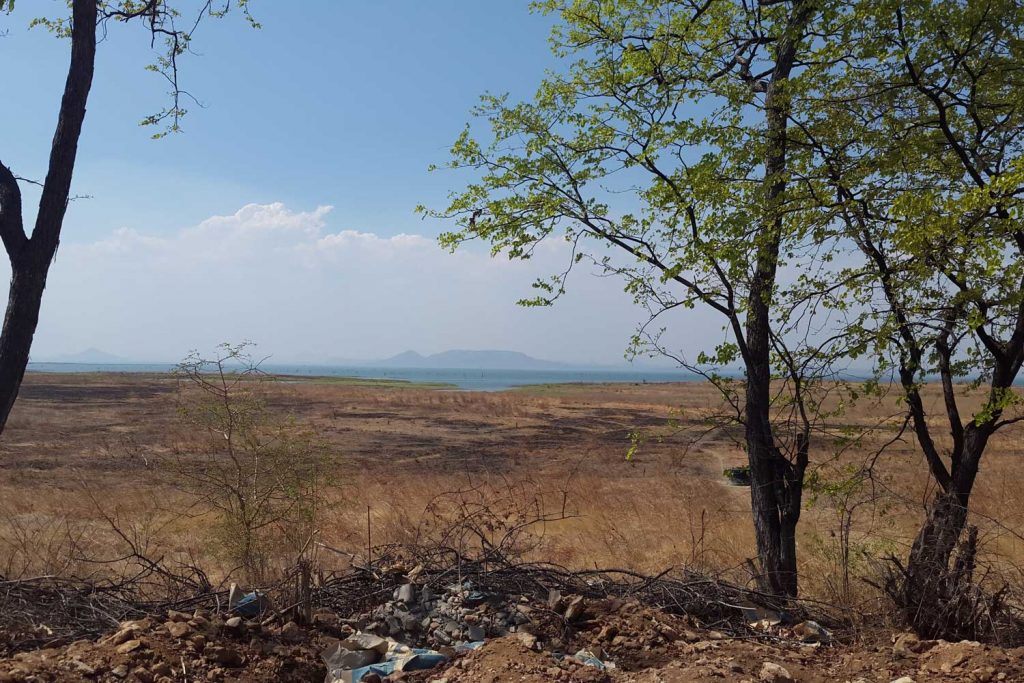


Eco-Micaia
Company summary
Eco-Micaia manages and provides facilities to the Mozambique Honey Company and Baobab Products Mozambique at its Centre for Natural Product Enterprise in Chimoio, and continues to provide management, marketing and other services to Ndzou Camp.
Eco-Micaia Ltd’s primary focus is on supporting value chains and enterprises within the BioTrade sector i.e. that are committed to following BioTrade principles and criteria.
Within the Micaia ‘family’, Eco-Micaia often plays important roles in projects being implemented by Micaia Foundation. For instance, if a project is seeking to develop new livelihood opportunities or value chains, Eco-Micaia will undertake market research and feasibility studies to inform the choice of opportunity to pursue or to guide development of the value chain.
In some cases, as with Ndzou Camp (2010), Mozambique Honey Company (2011), and Baobab Products Mozambique (2015), Eco-Micaia has invested in setting up or co-founding a new BioTrade business.
Eco-Micaia provides consulting services to external clients, mostly in relation to BioTrade and inclusive business development.
The Centre for Natural Product Enterprise was built in 2018 with a vision of creating Mozambique’s first incubation and service centre focusing on Non-Timber Forest Products. The Centre provides facilities to both BPM and MHC, but Eco-Micaia also has a new product research and development facility, with various types of processing equipment. Eco-Micaia works closely with Micaia Foundation in identifying NTFP with the potential for commercialization, and providing working capital to procure raw material for testing
Consulting services
Eco-Micaia has worked for clients including UNHRC, Peace Parks Foundation, the Ford Foundation, and the World Bank.
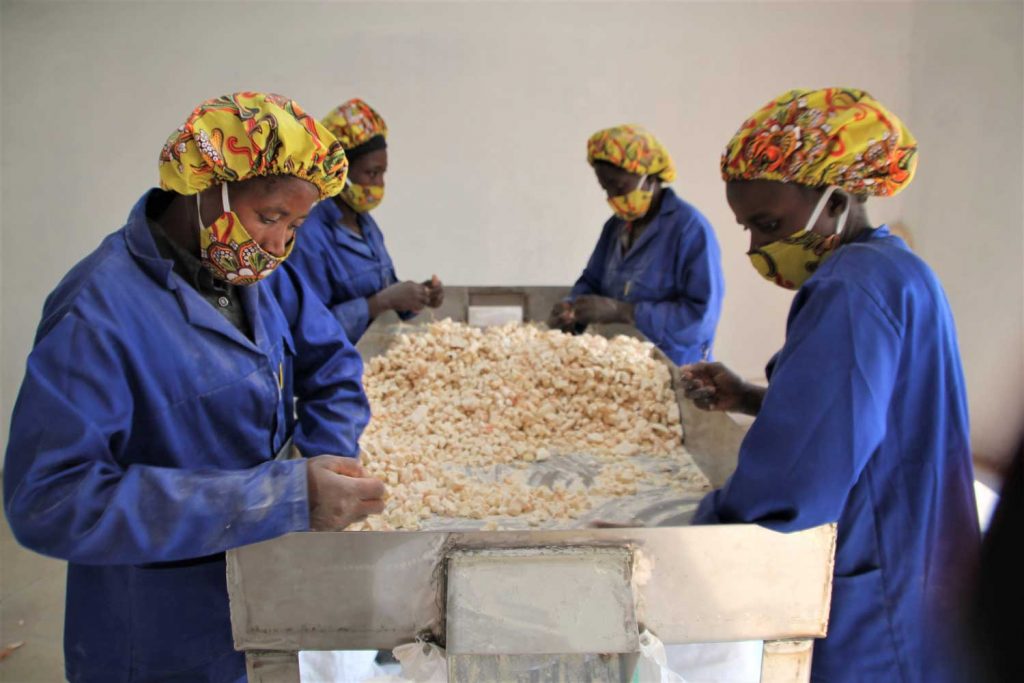
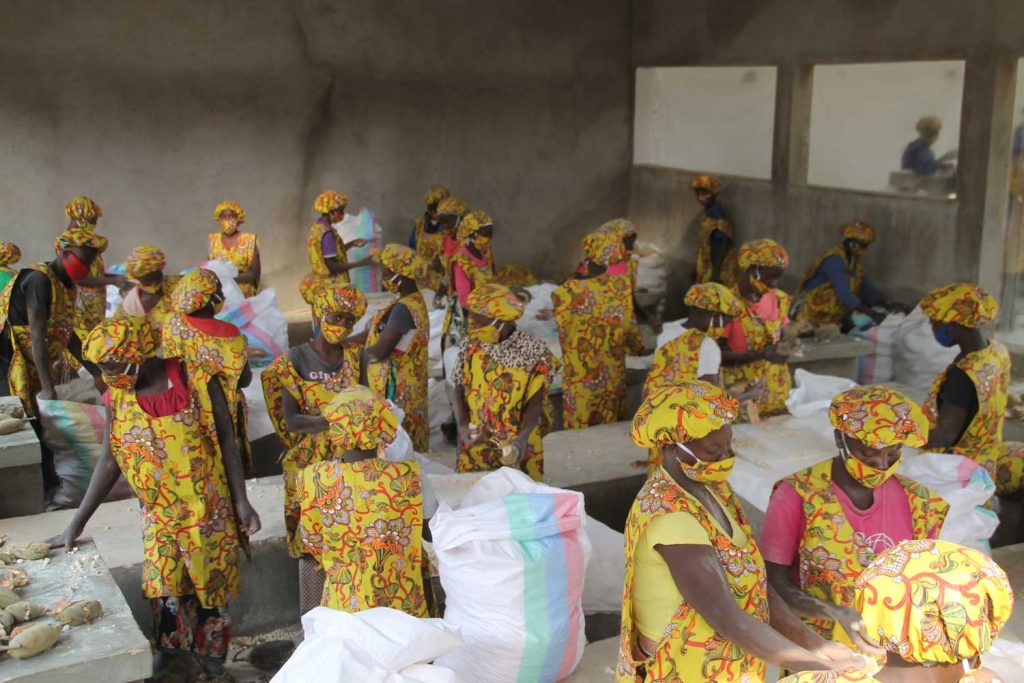
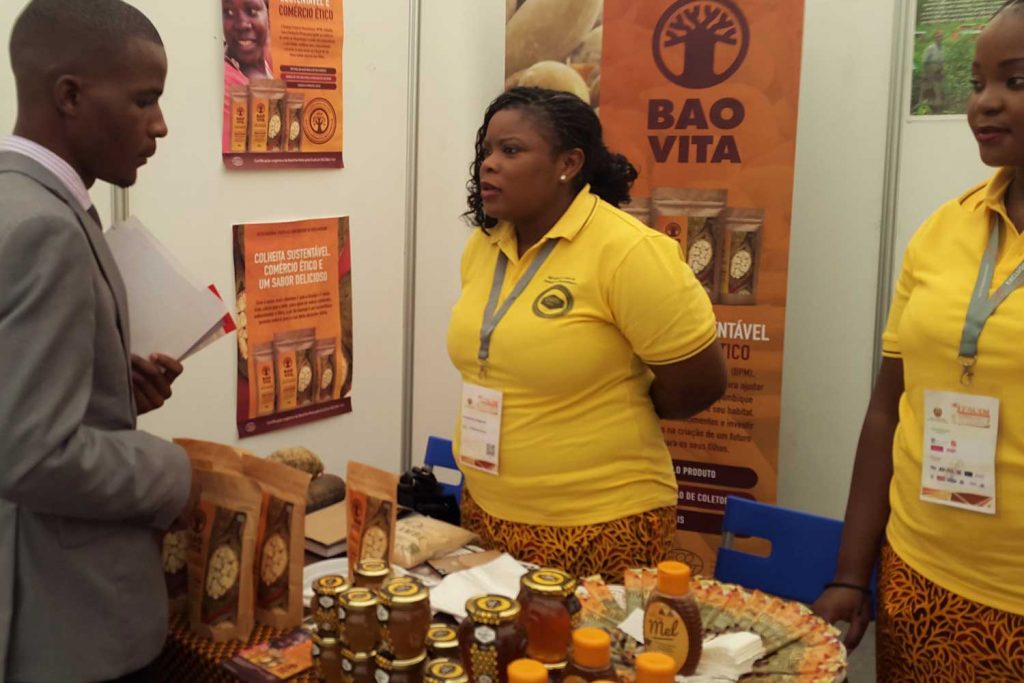
Baobab Products Mozambique
Company summary
Baobab Products Mozambique is registered in Mozambique and based in Chimoio, Manica Province. The Company was established in 2015 to provide women baobab collectors with a better, fairer market for their fruit. In the last five years, BPM has grown to become one of the bigger suppliers of high grade organic certified baobab fruit powder in southern Africa. BPM gained organic certification (by EcoCert) in 2016 and began exporting baobab powder later that year. In 2020, BPM bought and processed nearly 600 tons of organic certified baobab fruit, sufficient to produce approximately 60 tons of baobab powder.
BPM is a truly inclusive business – a shareholding company and 20% of the shares are for the women Baobab harvesters to be held by a newly established Association set up with support from Micaia Foundation and funding partner GIZ’s Green Innovation Centre. BPM is also an environmentally sustainable business. We are committed to sustainable harvesting and natural resource management and running our Company according to BioTrade principles and standards.
BPM’s Approach
Although BPM is a fully commercial operation, the Company’s purpose is to create livelihood development opportunities for suppliers. All of the people from whom BPM buys baobab are women. They live in one of the driest parts of Mozambique where farming is difficult and life is hard. Baobab is a critical resource and a rare source of income. The fact that BPM pays much higher prices than the informal traders, who for years have exploited the women, means that the baobab trade is really making a difference.
The women are leading the change in their communities, using income from baobab to school their children, launch other small businesses, and invest in their homes. In 2021 BPM bought fruit from 1380 women, and 100 more women earned fees or wages from other activities in the value chain.
In 2021, when the 20% shares in BPM transfer to the Collectors’ Association, BPM and the Association will sign a Benefit Sharing Agreement under which up to 20% of forecast net profit will go into funding the operations of the Association and a range of social initiatives such as educational scholarships for children of Collectors.
Products
Baobab Products Mozambique supplies raw baobab powder for national and international markets. For the export market we supply organic powder (certified by Ecocert)– also available as a finished product under our brand ‘Baovita’, packed for local, regional and international markets.
BPM is now also producing organic baobab seed oil, again for national and international markets.
Stories and Links
- BPM wins recognition from Green Innovation Centre as the most sustainable of 185 innovations across 16 countries.
- 2021 Collectors’ Association
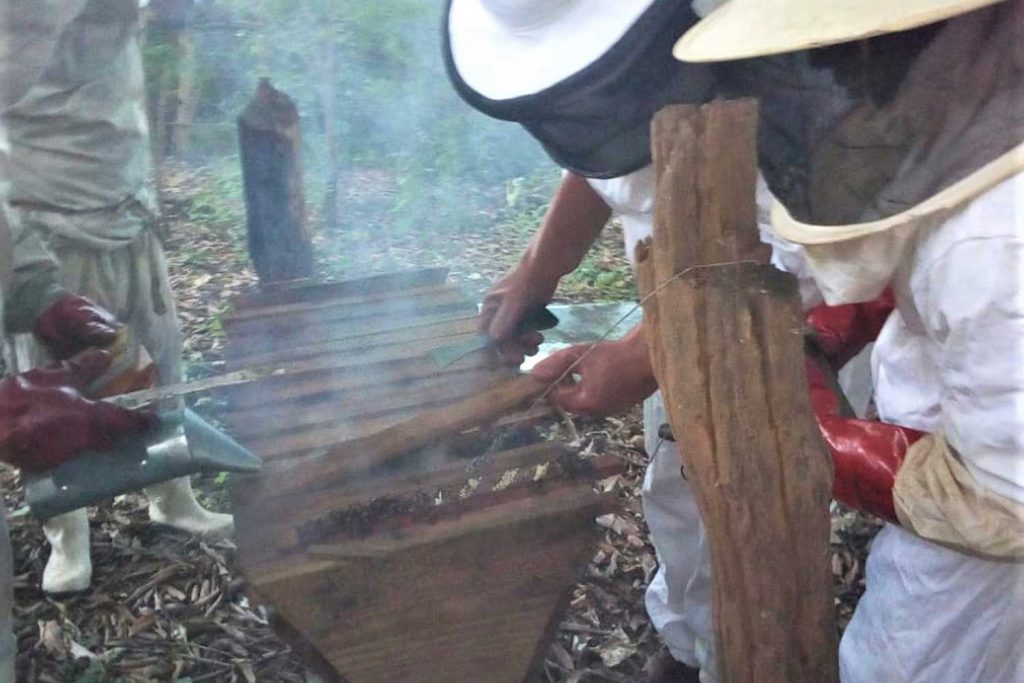
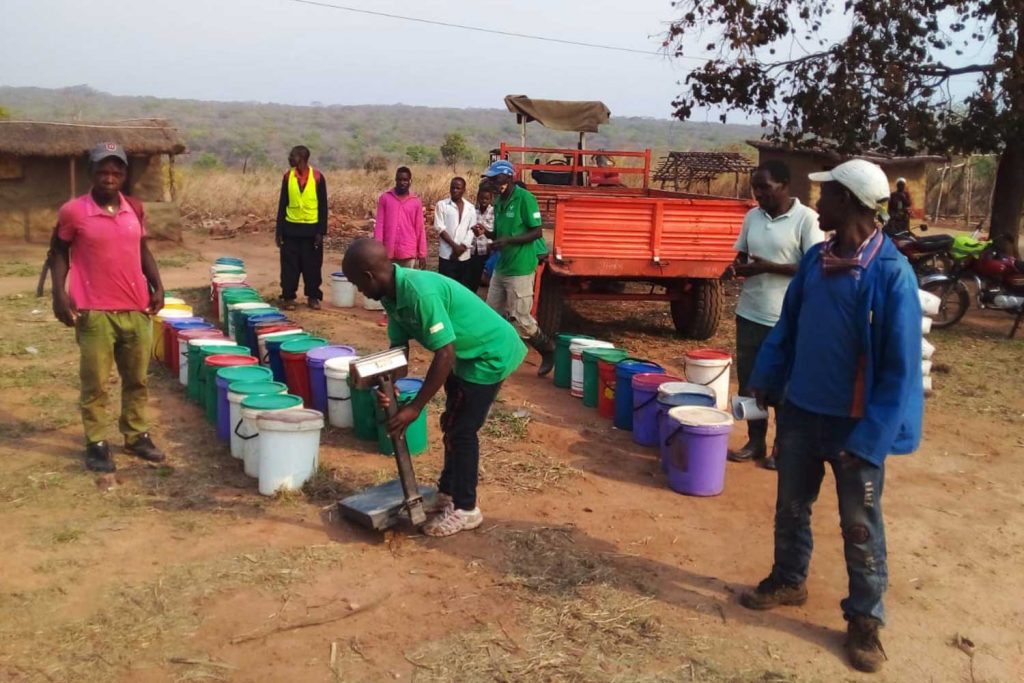
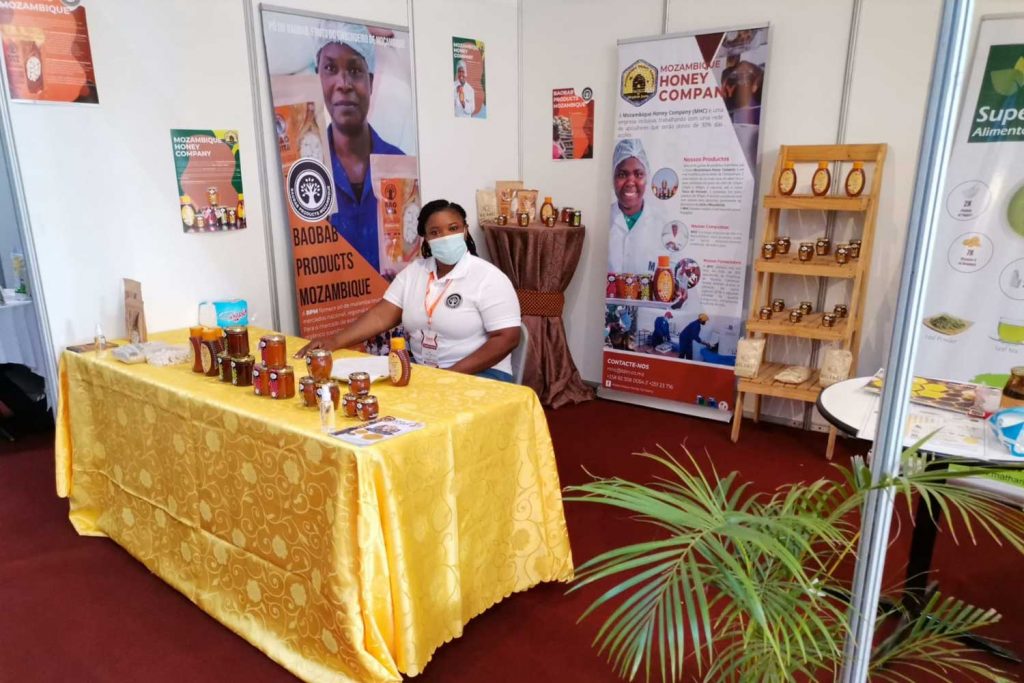
Mozambique Honey Company
Company summary
The Mozambique Honey Company (MHC) is based in Chimoio, Manica Province. It was set up in 2011 by a Dutch entrepreneur in partnership with Eco-MICAIA Ltd as a shareholding company.
MHC is the biggest honey packer in Mozambique and is the only national company with branded products available in supermarkets throughout the whole country. In the last four years, MHC has taken its volume of sales of packed honey from 6,000Kg to 23,000Kg – an increase of XX%.
In the same time, MHC has increased its buying of comb honey from 10,000Kg to 36,000Kg, and this means more beekeepers earning more money. In 2021, MHC expects to buy 50,000Kg from 1,000 beekeepers.
MHC’s approach
MHC buys all its honey from smallholder beekeepers and most is bought in comb. This makes it easier for the beekeeper who does not have to process at home, and it helps guarantee the high standards of handling and hygiene. It also ensures that consumers can be confident that MHC honey is pure and natural, with no risk of any adulteration.
MHC works very closely with Micaia Foundation in building the skills, knowledge and business capacity of a growing number of Lead Beekeepers who in turn support and provide services to other beekeepers. The Lead Beekeepers are the critical link in the value chain, and an increasingly central part of MHC.
As an inclusive business, MHC already works closely with its Lead Beekeepers, but we want to go further. In time, MHC will give shares in the business to associations of beekeepers in the company’s main supply areas.
Products
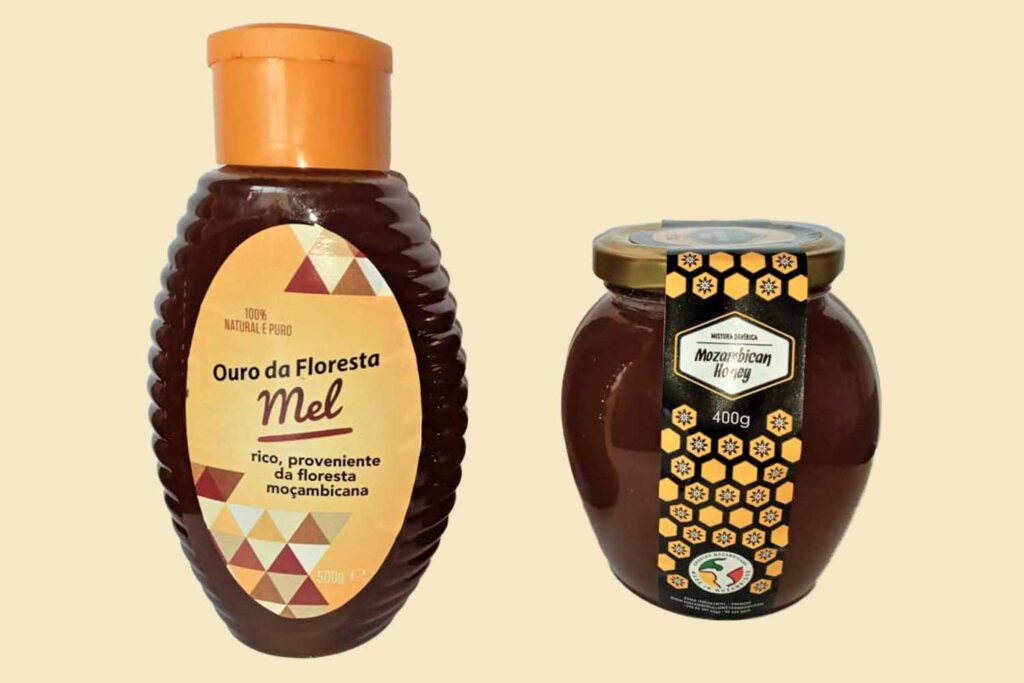
MHC packs honey that is exclusively sourced in the communities of the buffer zone of the Chimanimani National Park. The honey is rich and sweet.
MHC’s best-selling brand is ‘Ouro da Floresta’. This is a blend of honey from the Chimanimani area and from other Districts and is a slightly darker, stronger-tasting honey.
MHC is very proud to be supplying Tropigalia, one of the largest distributors in Mozambique, with its own brand honey.
In 2020, MHC launched its first monoflora honey products – macadamia and litchi.
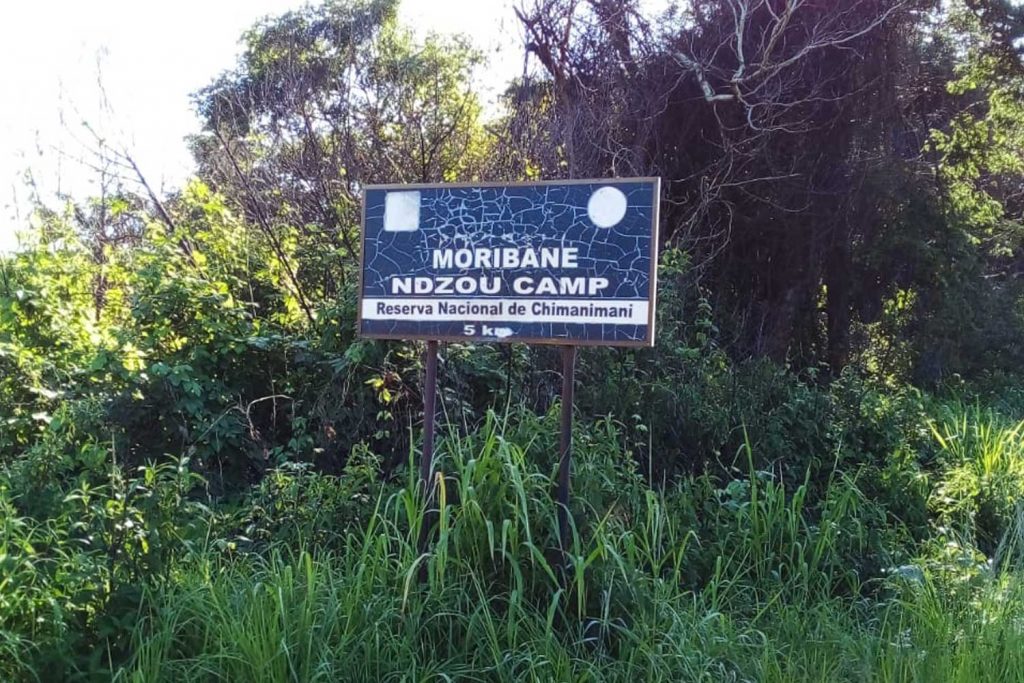
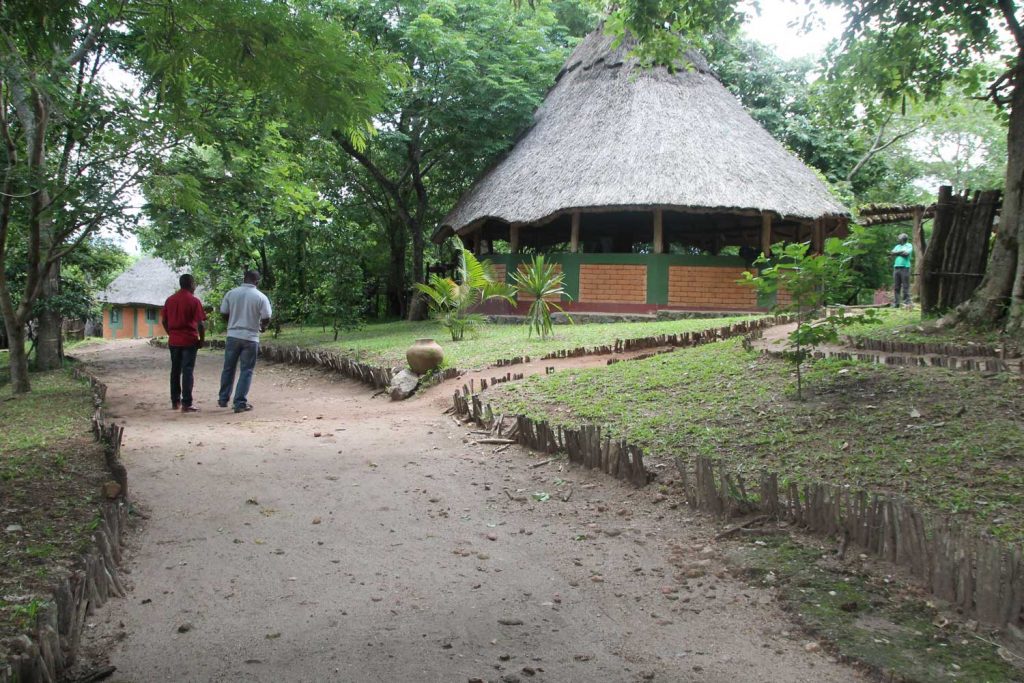
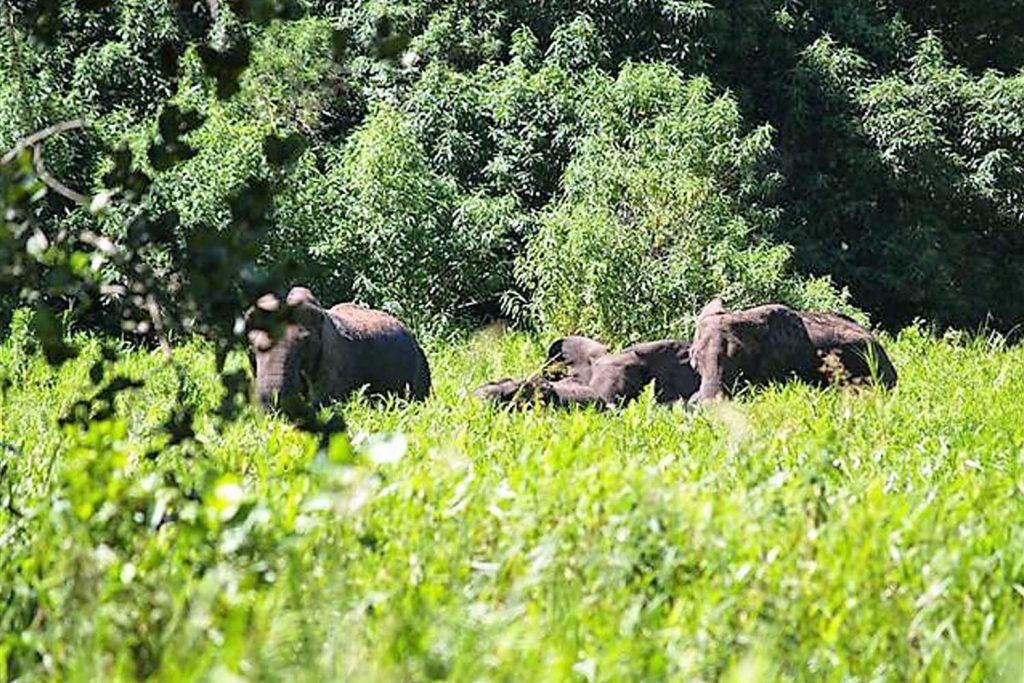
Ndzou Camp
Company summary
Ndzou Camp was the first Eco-Micaia social investment. Built in 2010, the Camp opened in early 2011. Ndzou Camp is in the heart of the beautiful Moribane Forest Reserve, part of the Chimanimani Conservation Area in Sussundenga District. ‘Ndzou’ means ‘elephant’ in the local language and a key attraction of the Camp is walking safaris to find the forest elephants.
Ndzou Camp Ltd is a joint venture between Eco-MICAIA Ltd and Associação Kubatana Moribane, in which the Association owns 60% equity. This Association represents the people of Mpunga community. All the staff at Ndzou Camp, other than the Manager who comes from a village north of Chimoio, come from the Mpunga community, and it is no exaggeration to say that their jobs have transformed their lives.
Ndzou Camp is an eco-camp with solar energy, local building materials and an emphasis on learning about the forest and community. By offering a mix of camping, low-cost bunk rooms, en suite cottages, and a self-catering house, Ndzou caters for all types of visitor. And this has been the key to the business’s survival. Political and military conflict, cyclones, and more recently, COVID, have undermined the development of tourism in central Mozambique, but Ndzou has adapted, offering a great base for training, for instance, and building a growing band of regulars who drop in for lunch.
